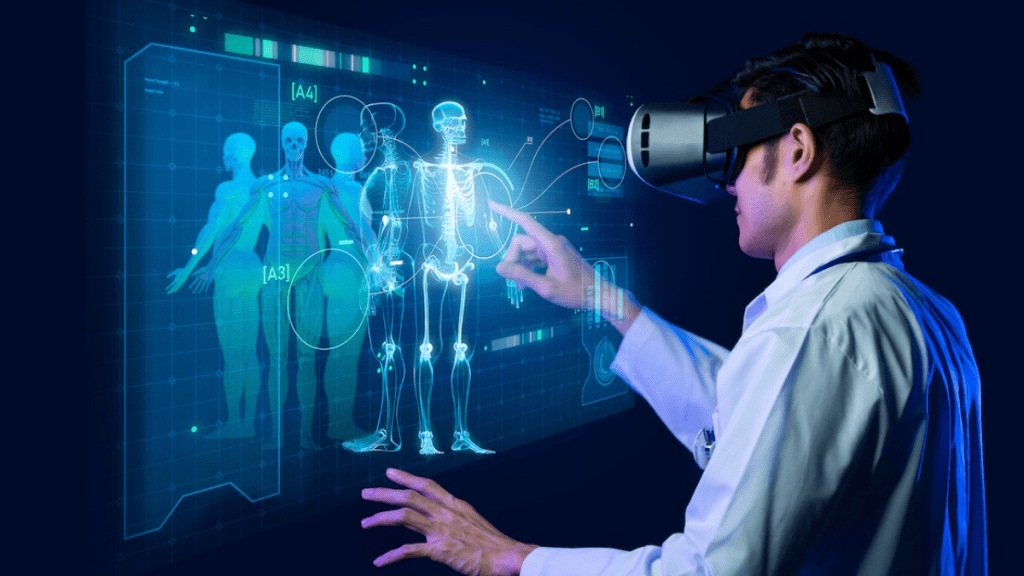By Gaurica Chacko
Smart cities use technology to manage resources, improve services, and enhance residents’ quality of life. In the ideal smart city, residents engage in community decisions via digital platforms, public spaces utilise renewable energy, and waste is efficiently managed and autonomous vehicles navigate the city’s optimised traffic flow.
A smart city must include personalised health and wellness guidance, empowering residents to lead healthier lives. Smart cities and health equity are intrinsically linked. Smart infrastructure, like telemedicine and remote monitoring, improves healthcare access for underserved communities. Smart transportation systems can enhance mobility for all residents, improving their ability to reach healthcare facilities while environmental monitoring reduces health risks, benefiting the overall health of residents.
India is witnessing a surge in the implementation of smart city initiatives, with revenue projections growing at an annual rate of 19.67% from 2024-29. However, this growth will not be equitable without prioritising health and wellness for all.
AI emerges as a key player in this context, offering the potential to bridge healthcare gaps through personalised diagnostics and treatment plans. By harnessing AI’s advanced data analytics capabilities and including the consideration of demographic and ethnic factors such as social determinants of health, smart cities can ensure timely healthcare delivery across diverse groups.
AI implementation in smart cities should focus on the quadruple aim of well care: satisfied patients, clinician wellbeing, affordable health care, and high-quality outcomes. It has the potential to analyse diverse datasets to address disparities and identify specific health trends across demographic and ethnic groups. It offers personalised recommendations based on individual patient data, improving diagnostic accuracy and treatment effectiveness. Additionally, AI enhances diagnostic processes by detecting patterns and anomalies in medical data, leading to more precise and timely diagnosis.
We are already seeing some key trends in AI healthcare:
Voice-enabled technologies that assist in delivering difficult news to patients and improving bedside manners, enhancing patient communication
Gathering additional information and resources, empowering healthcare professionals to provide enhanced patient care
Integrating AI into diagnostic tools to enhance accuracy by collaborating with equipment makers, improving diagnostic capabilities and patient outcomes
AI-enabled tools like chatbots that help healthcare providers focus on critical tasks, optimising patient care efficiency
AI-driven interventions for next best action across disease state to ensure cities and states are keeping their community healthier.
India’s robust digital infrastructure provides a fertile ground for large scale implementation of AI-driven healthcare solutions, promising enhanced access and improved outcomes.
The author is vice-president and global leader, life sciences, Wipro.
(Views are personal)








